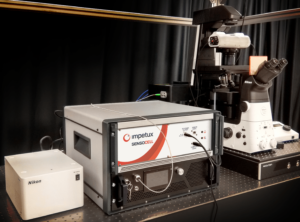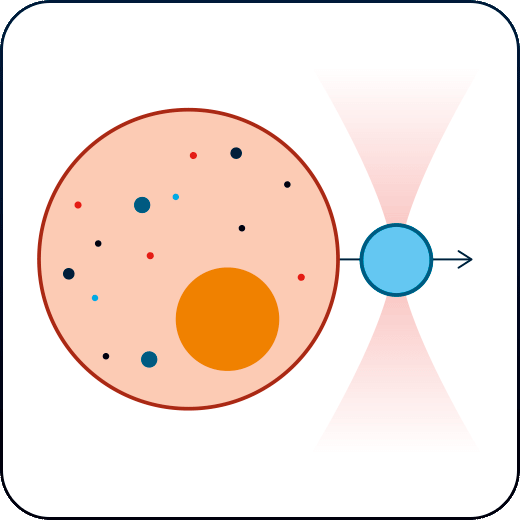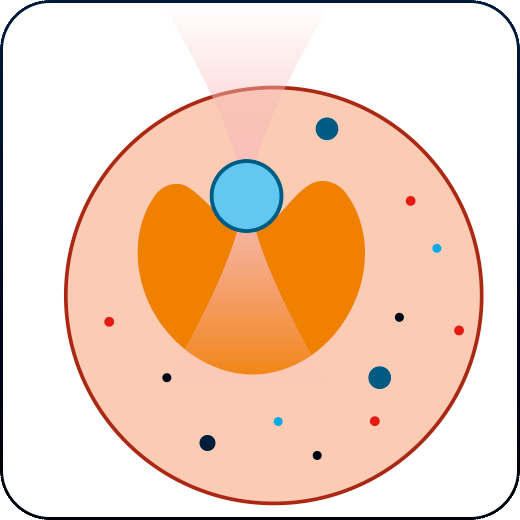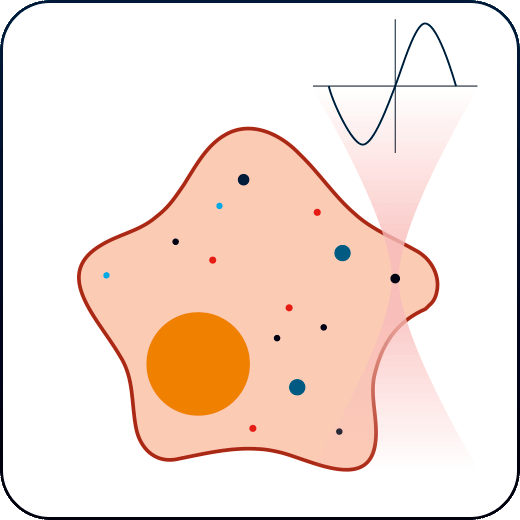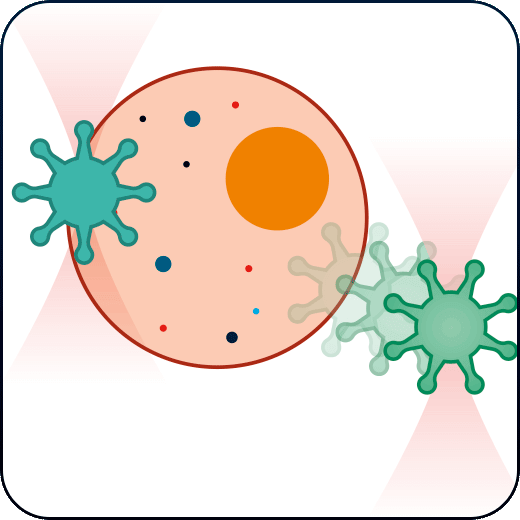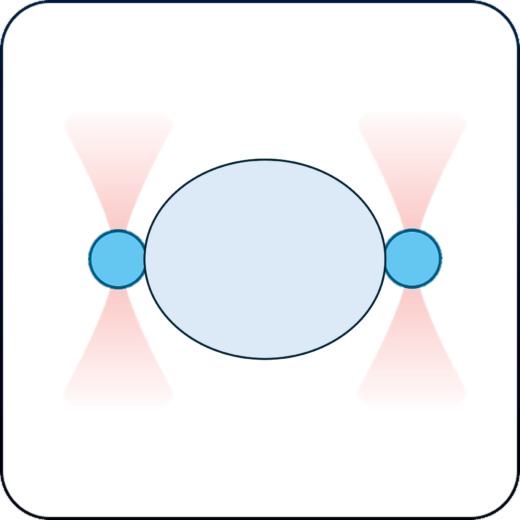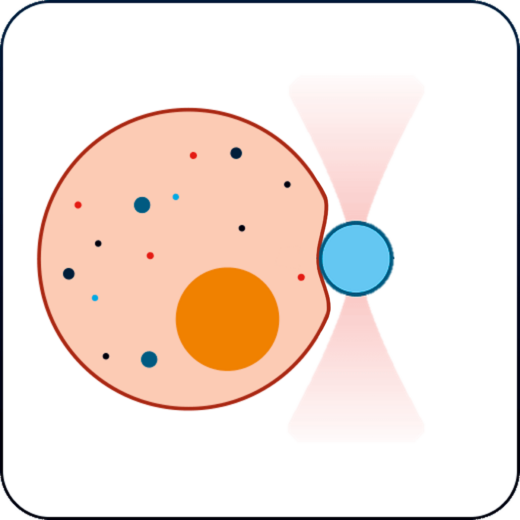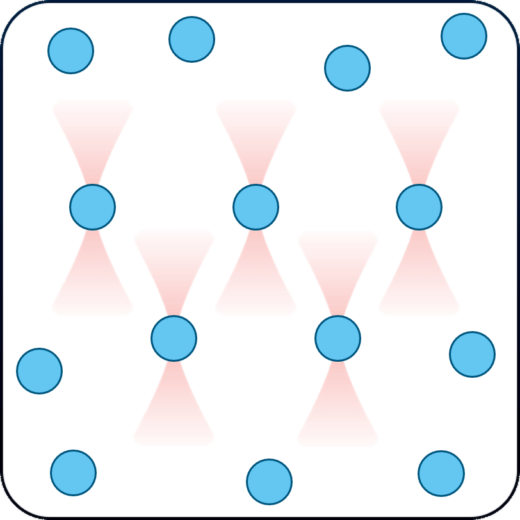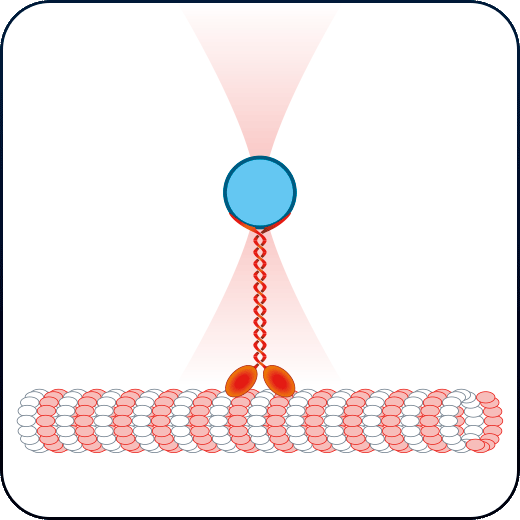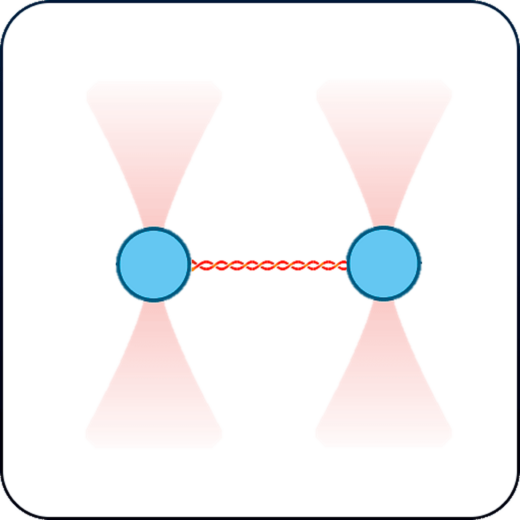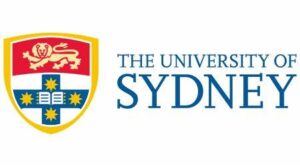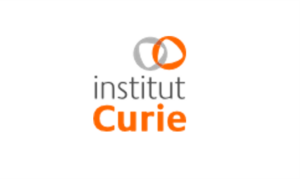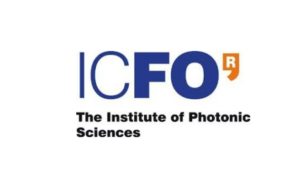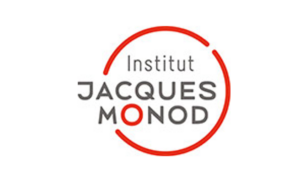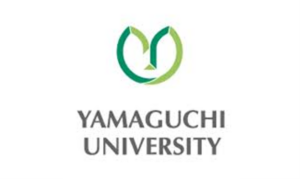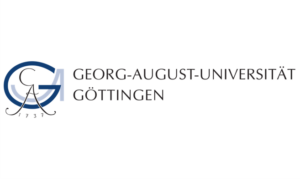FORCE MEASUREMENTS AND RHEOLOGY
IN BIOLOGY AND SOFT MATTER PHYSICS
Unique instrumentation built upon cutting-edge technologies, such as optical tweezers, exclusive direct force detectors, and research grade microscopy tools.
Go to:
Products – Applications – Customers
Visit:
News & Events – Contact
FORCE MEASUREMENTS AND RHEOLOGY
IN BIOLOGY AND SOFT MATTER PHYSICS
Optical Tweezers with integrated Direct Force Detection and Fluorescence Microscopy Imaging.
Go to:
Products – Applications – Customers
Visit:
News & Events – Contact
Discover IMPETUX
IMPETUX is a key manufacturer and worldwide supplier of turnkey optical tweezers systems for Cell Mechanics, Biophysics and Soft Matter Physics.
Measuring biological forces and interactions with photonic precision
Our instruments enable measuring forces and interactions in biology in a direct, absolute and non-invasive way and can be combined with multiple imaging techniques, including fluorescence and confocal imaging.
A team of scientists committed to the progress of Science
We aim to provide solutions that meet the needs of researchers and help them address their current and future challenges. We are scientists developing tools for scientists and our dedicated team is by their side throughout the process to help them maximize the performance they will get from our instruments. In this way, we want to contribute to the generation of scientific knowledge and the development of fields like Cancer, Developmental Biology or Biomedicine with the ultimate goal to improve the quality of life of people.
A unique optical tweezers platform
SENSOCELL Optical Tweezers
SENSOCELL is the only optical trapping platform in the market combining multiple optical traps control at high speed with direct force spectroscopy. Mounted on a scientific inverted microscope, the optical tweezers setup can be customized with your preferred microscope configuration and different camera choices. The setup can be combined with several techniques including epi-Fluorescence and confocal imaging.
Visit the Sensocell optical tweezers page to know more details about this product.
Take a look at our optical tweezers tutorial to know more about this technique!
Explore our applications in Cell Mechanobiology, Molecular Biophysics, Phase Separation and Soft Matter Physics
Go to our Applications page or browse the following links for more information.
Membrane tension and receptor forces
Measure membrane tension and quantify receptor-ligand interactions via tether pulling and bead-cell adhesion assays.
Nucleus and subcellular mechanics
Obtain the mechanical properties of the nuclear and cytoplasmic medium by applying creep & stress-relaxation tests inside cells.
Intracellular rheology
Study the viscoelastic state of the cytoplasm or the nucleus by measuring their G modulus with our TimSOM active rheology routine.
Cell-cell interactions
Measure the binding forces between cells while having absolute control on cells orientation and contact time.
LLPS of biomolecular condensates
Perform rheology assays on and inside protein droplets by measuring their G modulus time evolution with our active rheology routines.
Membrane stiffness and elasticity
Indent or stretch cells and characterize their stiffness, elasticity, and viscosity.
Cell motility force dynamics
Measure the forces generated by moving cells, and study the dynamics of cell motion.
Colloids and soft matter physics
Use our rheology workflow to measure the G modulus of colloids, gels, biofilms or liquid crystals. Quantify colloidal particles interactions.
Motor proteins & cytoskeletal filaments
Quantify the activity of motor proteins and the forces they generate. Obtain the mechanical properties of microfilaments and microtubules.
Single-molecule interactions
Page not ready… yet. Please contact us to know more about this application field.
Membrane tension & receptor forces
Quantify the physical properties of membranes performing tether pulling and receptor-ligand binding experiments.
Nucleus & cytoplasm mechanics
Explore the mechanical properties of the cell nucleus and the cytoplasmic medium directly measuring inside the cell.
Intracellular rheology
Measure the G modulus and viscoelastic properties of intracellular medium such as the cytoplasm or the nucleoplasm with our automatized active rheology routine.
Cell-cell interactions
Manipulate cells to engage cell-cell interactions and quantify their interaction forces.
Phase separation of condensates
Monitor the mechanical properties of biomolecular condensates by measuring their G modulus over time with our active rheology workflow.
Cell stiffness and elasticity
Perform cell indentation or stretching assays to study how cells respond to mechanical stress and characterize their stiffness and elasticity.
Cell motility dynamics
Study the dynamics of cell motility by measuring the forces generated by trapped cells.
Colloids and soft matter physics
Quantify colloidal particles interactions and perform rheology assays inside colloids, gels, biofilms or liquid crystals to get their viscoelastic properties.
Motor proteins & cytoskeletal filaments
Measure forces generated by molecular motors and characterize the mechanical properties of microfilaments and microtubules in vitro and in vivo conditions.
Single-molecule interactions
Page not ready… yet. Please contact us to know more about this application field.
Trusted by top research centres across the world
Would you like a DEMO?
Download SENSOCELL brochure

